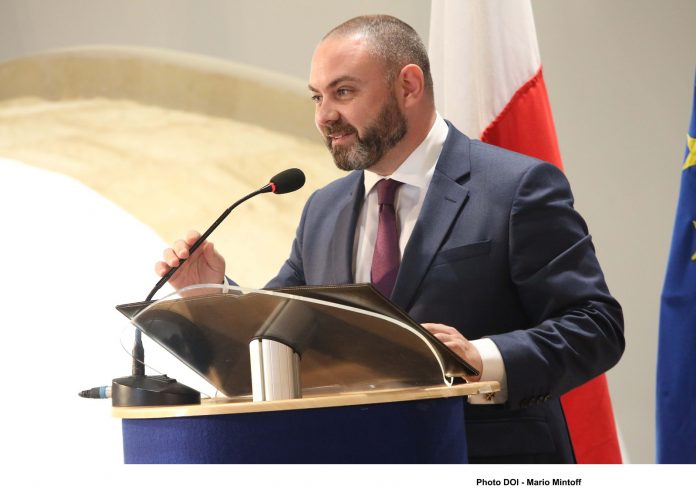In approximately 10 to 15 years, the whole manufacturing and distribution eco-system is expected to drastically change with 3D printers destined to become ‘mini-factories’. But before this can come to pass, 3D printers still have some major hurdles when it comes to the adoption into the manufacturing industry because of the unsatisfactory mechanical properties. Once this obstacle has been tackled and significantly increasing the strength of printed objects would therefore be a major market driver, contributing highly to the growth of the sector.
Laser Engineering & Development Limited is an engineering company specialized in the development of laser equipment for industrial applications. An MCST-funded project under the FUSION National R&I Program has the aim of increasing the strength of printed objects through filament fabrication technology.
The concept uses state-of-the-art laser technology in an innovative way to preheat the top layer of a print during printing, thus significantly enhancing the bond between layers that leads to superior mechanical properties of the final printed object. This can significantly extend the field of application of 3D-printed objects.
This FUSION project was a collaboration with the University of Malta and was funded by the Malta Council for Science and Technology (MCST). The goal of this project was not only developing the prototype of a Laser-based Filament Heating Module, which module is able to increase adhesion between deposit layers by heating of the extruded layers, but also developing special filaments from different polymers, that can highly absorb laser radiation. With these special filaments and laser preheating, higher print speeds are also more achievable.
Minister for Research, Innovation and the Co-ordination of Post Covid-19 Strategy Owen Bonnici addressed a dissemination event about this project at Esplora called FUSION National R&I Programme; Laseer – Development of a 3D printing head with laser melting for printers using fused filament fabrication technology.
“We are satisfied with the results achieved during the project and we believe that the developed technology will open new opportunities in the industry”, said Minister Bonnici. He explained that this shows the importance of investing in R&I to generate more economic wealth. Moreover, the importance of the formation of consortia between public and private entities.
“It is also good to note the success of MCST’s programmes: in the last 5 years under FUSION, some 116 Commercialisation Voucher Programme (CVP) projects were awarded and 48 Technology Development Programme (TDP) projects,” he said.
Over the last 5 years, MCST has administered some €11m for such projects under CVP and TDP, with one of the beneficiaries in fact being the Laseer project which was awarded €194, 519.
“We recognise the importance of the R&I pillar within Malta’s economy and are committed to supporting this direction. The project being promoted today has successfully achieved its promised deliverables and has made notable steps in advancing the relevant technologies they have researched,” he said and underlined the fact that the project has been a multi-disciplinary one, involving industrial expertise in manufacturing and academic researchers.
“Today’s economic realities demand dynamic growth and for Malta to retain its standing we must continue to invest in innovation. This is precisely why, through national funding programmes such as FUSION, we have assisted the LAseeer consortium by giving it the support it needs to succeed”, said Jeffrey Pullicino Orlando, Executive Chairman of MCST. He added that FUSION, the R&I funding programme creates the perfect climate for innovation and collaboration amongst companies and research centres—a climate that helps the ecosystem develop and thrive.










